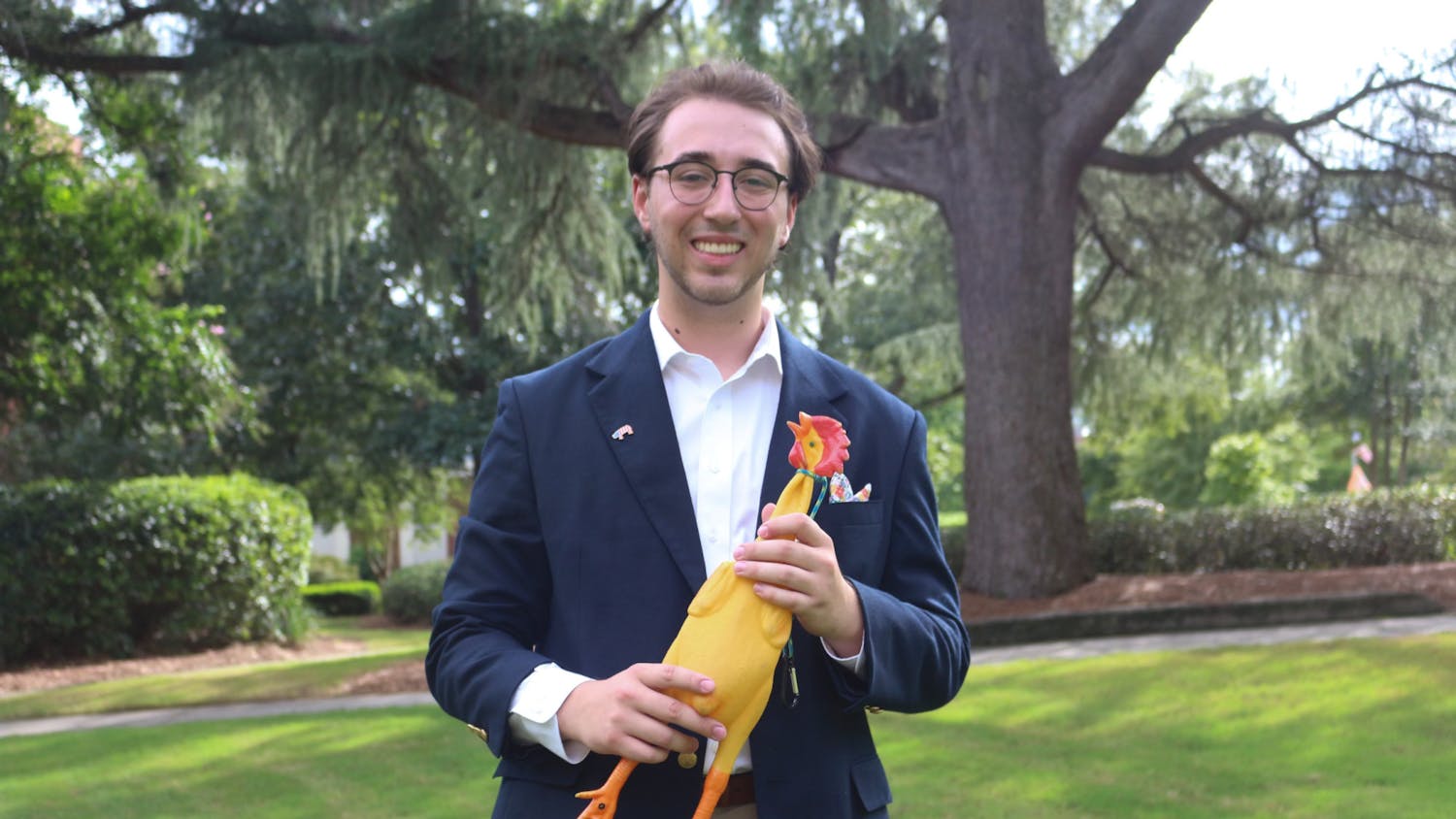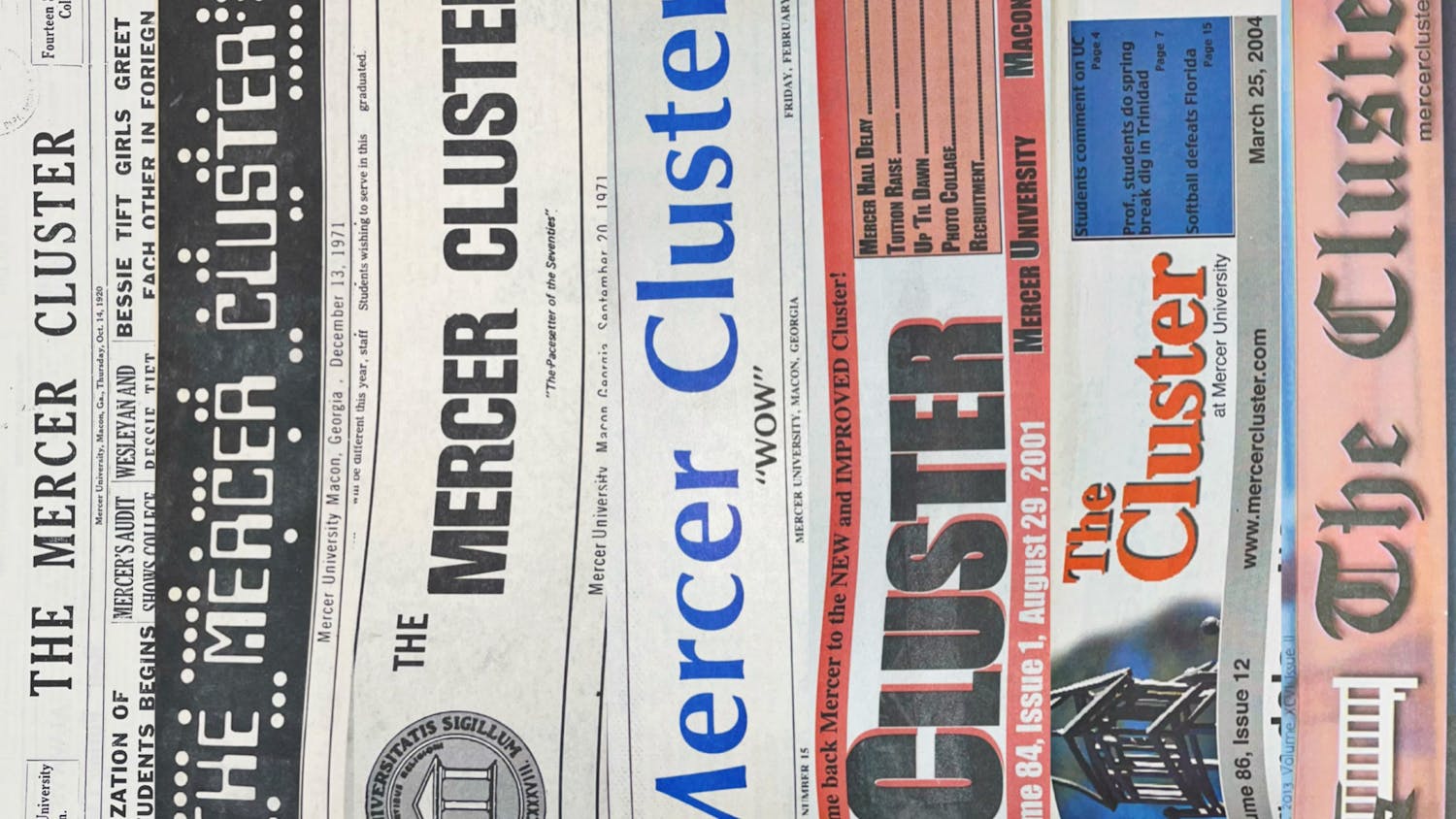It is a big and busy world out there beyond the shores of the red, white, and blue.
When you are involved with your studies in undergrad, medical school, law school or some other program, it can be easy to miss what is going on. When you do catch a bit of news, it can be upsetting—and I’m not talking about Apple making your iPhone 6 with a bigger screen. Journalists have been beheaded on the Internet by members of the Islamic State of Iraq and Syria (ISIS), a terrorist group that is plunging Syria and Iraq back into a state of chaos. Putin seems to be threatening World War III over Ukraine. A deadly Ebola outbreak in West Africa could spread worldwide if left unchecked. We still have armed forces in Afghanistan and Iraq. The list can go on and on.
Listing these problems out makes me think that it would be easy for all of us to bury our noses in our books, secure in the knowledge that we live in America—the greatest country in the history of the human race. However, it is vital that we as students at Mercer University do no such thing. All of us are potential leaders of tomorrow. As a third year student at the law school, I am often reminded that both the governor and the Chief Justice of the Georgia Supreme Court are Mercer Law graduates. Regardless of which school you are in, you can be a leader in your community, a leader in this state or even a leader of this nation.
But suppose you become a leader... what exactly will you do? How will you lead? Will you offer a vision of America’s role in world?
I have heard my own friends sound off with answers on how America should respond to these crises abroad and America’s proper place of leadership in the international community. Those views range from isolationist (something like “the rest of the world is not our problem,” “we are too broke” and “we should not be the world’s police”) to humanitarian engagement (generally expressed as “with great power comes great responsibility”) and everything inbetween. I can find some merit in almost any argument... that is what law school does to you. However, the most powerful answer comes in the form of a question, one I ask myself everyday: What does the action that I am about to take say about me to everyone else? Asking myself that question is meant not only to help me avoid embarrassing myself on a daily basis but also to help me become the best version of myself. In life, the things that we do define who we are. It is no different when America takes action—and when America takes action abroad, it says something about each and every one of us to the rest of the world. How can it not if America and its government are truly “of the people, by the people and for the people?”
National security concerns, relations with our allies, humanitarian concerns and budgetary restraints will always constrain the actions that our leaders take on our behalf… but before we send our drones overhead to target a building that has suspected ISIS or Al Qaeda terrorists, before we send troops back into Iraq, before we pass more economic sanctions on Russia for annexing Crimea from Ukraine and before we send in the CDC and military personnel to assist with the Ebola outbreak in West Africa, we should all ask ourselves what doing each of those actions says about us as a people. We should ask what not doing each of those actions says about us as a people. The answers should make us proud. They may not always make us proud, but in that case, the answers should make us aspire to come up with solutions that will make us proud in the future because we learned from mistakes of the past. All of us still in the halls of Mercer—we need to start demanding answers to those questions, preparing to answer them ourselves. Making this simple decision calculus a part of who we all are will ensure that America is the leader that it should be today, tomorrow and for generations to come.




